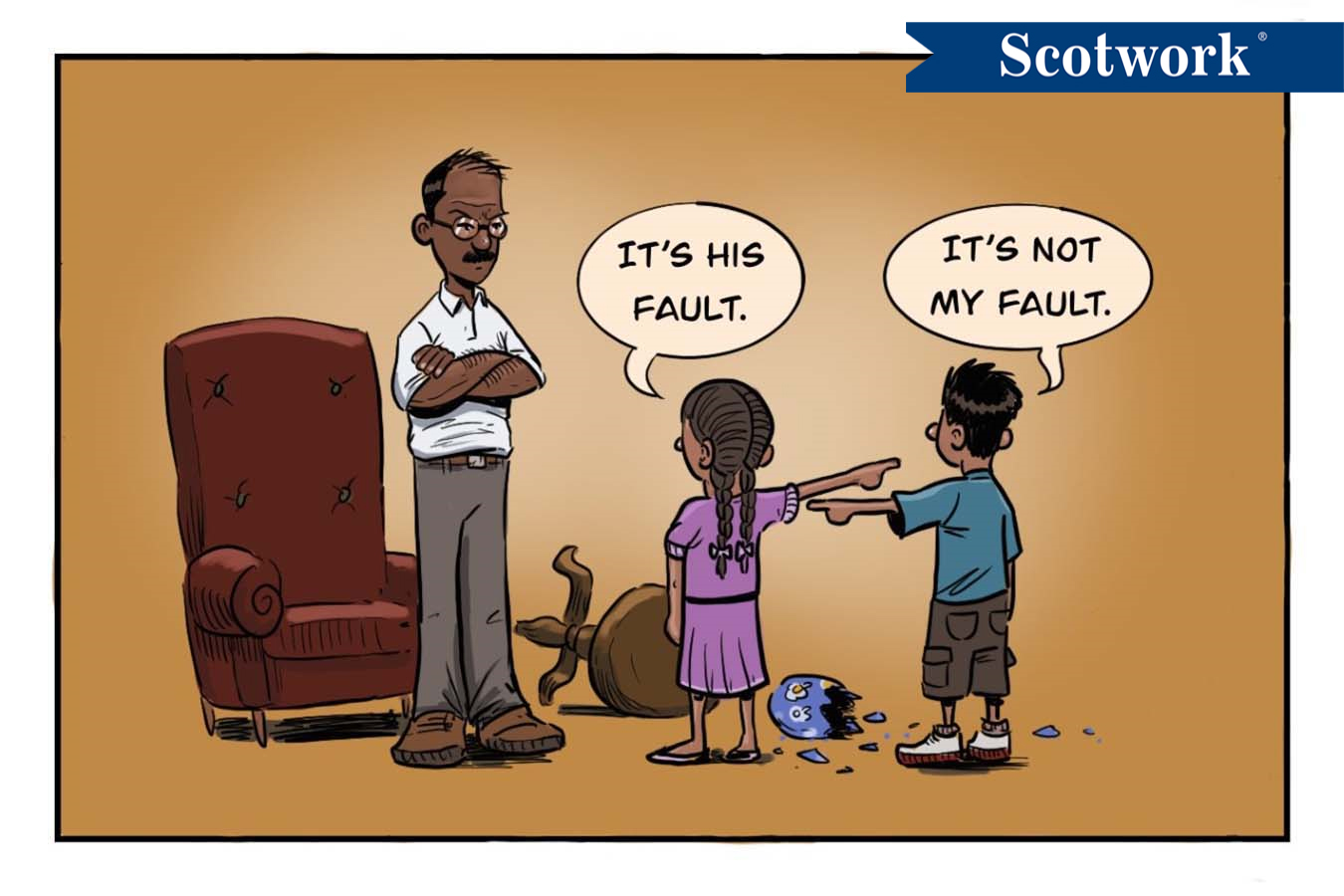Last week, how many of you received our weekly newsletter twice? Yeah . . . sorry about that. A few thousand of you received it twice not because we were trying to spam or annoy you. Nor did we think the information was so good, you needed it twice. (Actually, it was pretty good; click here to read it again.) Nope, it was an honest mistake — one that could’ve been prevented. Worse yet, the lesson learned is one that we advise our clients on all the time.
To the folks who did get our newsletter twice, I apologize. If you’re reading this now, I’ll assume you’ve forgiven us. Thank you. However, our honest mistake led to a handful of people opting out of our weekly newsletter, which, from a business and marketing standpoint, is a terrible outcome.
The cause of the mistake? We didn’t have a clear understanding of responsibilities. Our new marketing director and I were going through the newsletter. Beyond the usual tip that we put in, we wanted to promote and highlight our annual Buyer/Seller Survey. As we wrapped up, we weren’t clear regarding who would finalize it and simply click the publish button. Therefore, we both did . . . and we inadvertently sent the email twice.
For me, the frustrating part is that assigning responsibility in a deal is something we faithfully do. Whether it’s during a negotiation or after the deal is done, possessing a full understanding of who’s responsible for what is the only way to have a contract executed in the manner that you and the other party envisioned. Here are 3 things that we do in a negotiation to help ensure this:
- Set the appropriate expectations upfront. The sooner this is done, the better. We like to set expectations of not only our reasons for negotiating and our desired outcomes, but also the expectations we have of both parties as we go through the negotiation.
- Regularly summarize agreed-upon responsibilities. As you go through any negotiation, doing regular summaries will help to ensure that the salient points are not lost. But it’s also an opportunity to make certain that everyone knows what they’ve been assigned or needs to do.
- Document next steps and responsibilities at the close. Whenever a deal is struck and a negotiation is complete, we create a deal summary that includes all of its points as well as who’s responsible for executing its various elements. This ensures total clarity of how the deal will execute or how it gets represented in a contract.
Had we followed our own negotiation advice, we could’ve prevented those duplicative emails. With the exception of the handful of people who unsubscribed, it was a good reminder that even in the smallest of deals, having a clear understanding of responsibility will prevent many unforeseen issues.
We Can Help You Understand Who’s Responsible for What.
Whether it’s during a negotiation or after the deal is done, possessing a full understanding of who’s responsible for what is the only way to have a deal executed in the manner that you and the other party envisioned. Have you set appropriate expectations upfront? Have you summarized agreed-upon expectations? Have you documented the next steps and responsibilities at the close? We can help! Drawing on 46 years of real-world negotiating experience, we’ll assist you with getting better deals, saving time, and creating value for all involved — not to mention preserving and even strengthening relationships. Let us partner you with one of our advisers, ensuring that you’ve got the broadest view of your deal.

